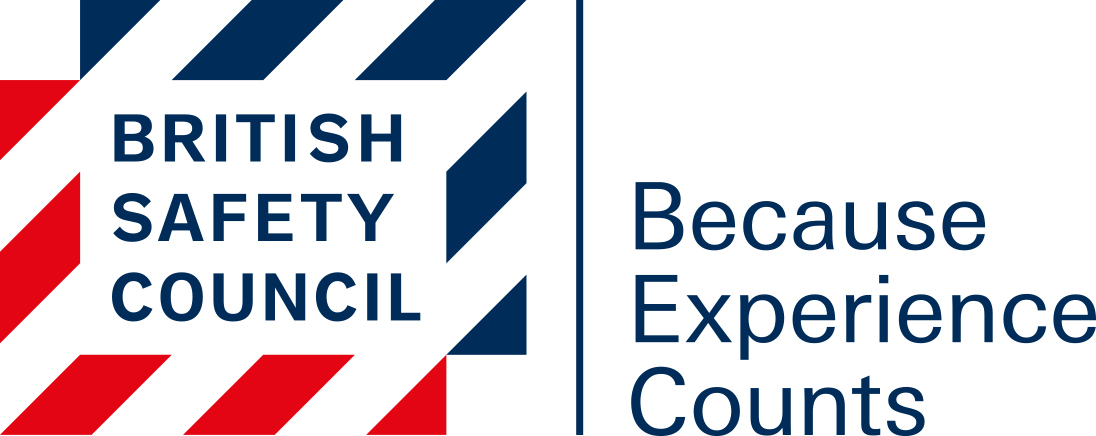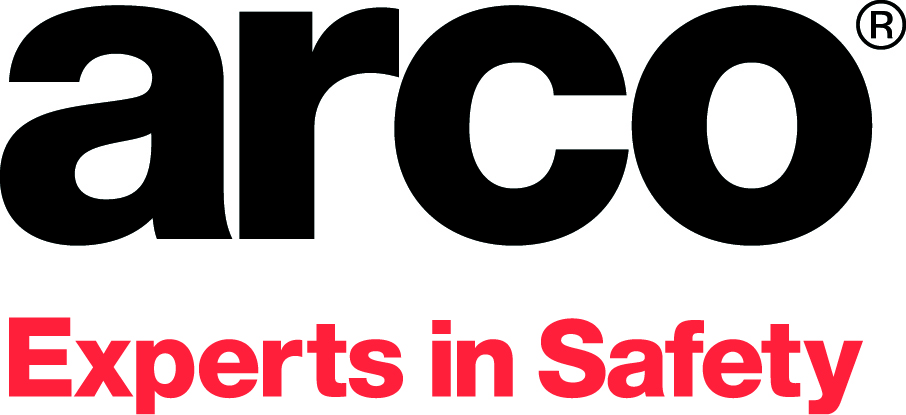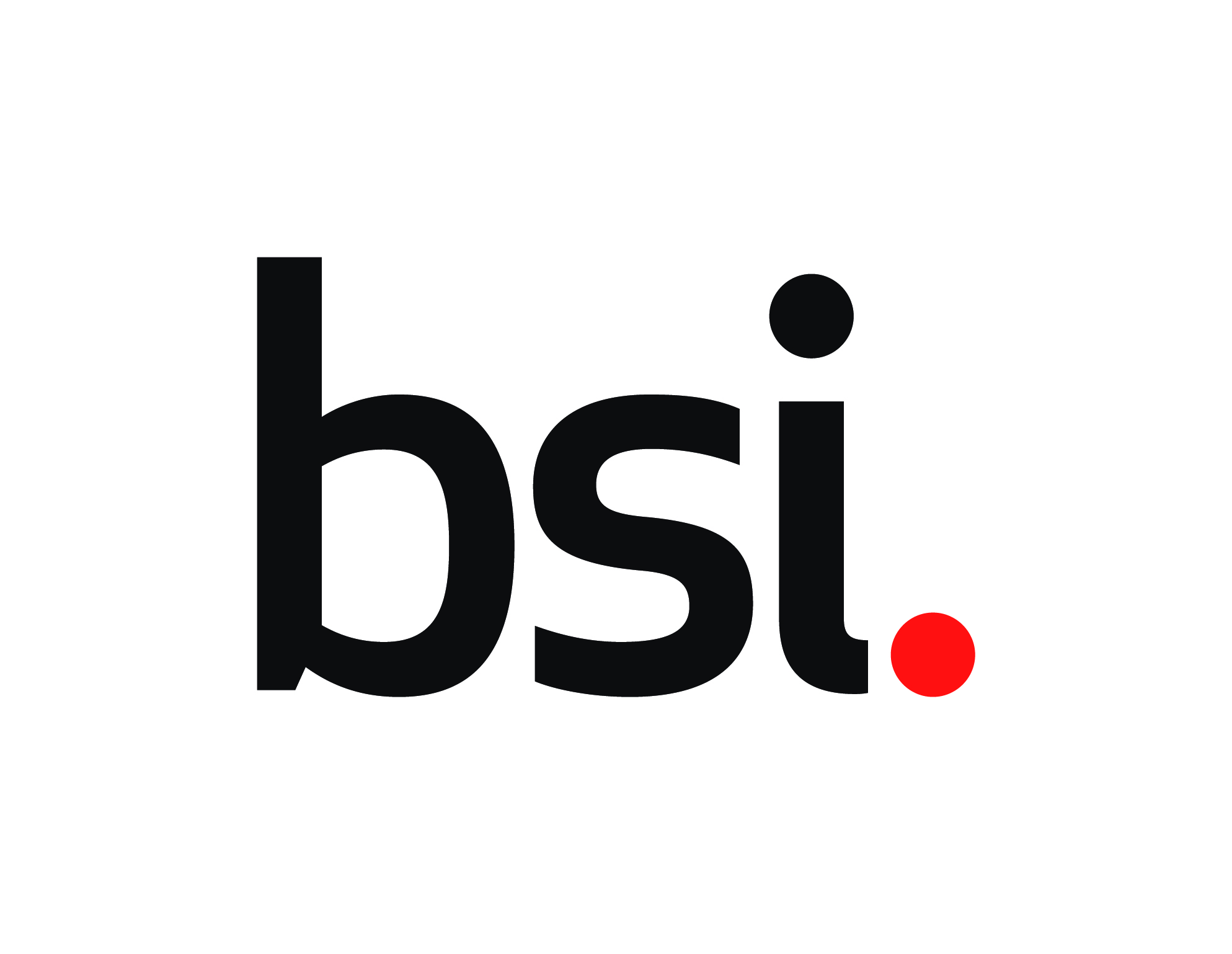Health and Safety in the Workplace 2021
Online Event 28 July 2021, 9:00am - 29 July 2021, 2:00pm
This agenda is available as a PDF download
Download PDF- Enabling organisations to develop robust new processes and protocols to keep employers and their customers safe
- Managing the risk of transmission of Covid-19 as far as possible within workplaces
- Providing an assurance assessment service that covers risk management, risk assessment, workplace adjustments and safe operating procedures
- Conducting risk assessment reviews and providing support for workplace procedure development and reviews
- Auditing organisations and providing an assurance statement, summary report and recommendations for improved controls
- Understanding the work factors that affect mental health, especially in digital and remote working
- What works in prevention and to support employees experiencing poor mental health
- How employee resilience plays a role and whose responsibility it is
- Supporting homeworking and a ‘hybrid’ return to the workplace.
- The cost of Mental Ill health in the workplace
- The thriving at work standard
- What has the pandemic taught us about mental health at work
- The role of line managers and mental health first aiders
- How can we build back better?
Slips, are the most reported accident within the UK at 29%. This 29% translates to 114,000 accidents and almost 1,000,000 working days lost. In many cases, slips are avoidable when the correct measures are adopted. Footwear alone is not sufficient to mitigate this hazard therefore attention should be paid on the floor also. Recent testing of over 1,300 floor surfaces in 300 locations found that three quarters failed to provide a safe level of slip resistance. Are you heading for a fall? Don’t Slip Up on Safety and take action today.
- Adopting a whole person whole life approach to prevention
- The world of work as it is, and as it will be
- What are you doing about fatigue?
Jimmy Quinn, President of the Institution of Occupational Safety and Health (IOSH), will outline how IOSH and occupational safety and health professionals worldwide have been responding to this pandemic, and how they are now helping others lay foundations for a healthy recovery.
- Ensuring that workplaces introduce safe social distancing and supply adequate PPE
- Enforcing the legal requirement for employers to carry out a Covid-secure risk assessment and share it with staff
- The impact of companies cutting corners on workers’ safety, particularly for workers on low incomes
- Highlighting concerns over lack of funding for the HSE and the outsourcing of inspection of workplaces
- The role of trade union health and safety reps to keep workers safe from the Covid-19 virus
The British Occupational Hygiene Society has been supporting workplace health prevention since 1953. Over that period, it has become more and more apparent that we all need to take a long-term view of workplace health. This is because causes of worker ill-health and the manifestation of occupational diseases often only become obvious some time after exposure.
As the Chartered Society for worker health protection, we believe that everyone should all be able to:
- Work healthily and in environments that are better for our physical and mental health.
- Work productively and for longer.
- Age well.
- Require less social care and State support through benefits and healthcare.
In practice this means that the Society’s professionals look beyond the management of hazards to the long-term control of risks. By working in partnership, we believe we are beginning to set a blueprint for sustainable workplace health.
BOHS, as a scientific charity, has characterised the key facets of supporting sustainable workplace health as:
- Anticipating and designing out health risks at work (in materials selection, process design and industrial practices).
- Focusing on understanding and managing prevention, as well as the monitoring and treatment of illness.
- Using the full range of options to control risk, including consideration of human factors, and the responsibilities of everyone in the workplace in managing behaviours, attitudes, processes, and systems.
- Targeting enhanced occupational health services to those who need it most, taking an individual risk-based approach.
- Making occupational hygiene and health core to mainstream STEM and Health Curricula.
- Working towards a whole life strategy for managing the impact of workplace health exposures.
We believe that the right strategy can drive down costs to industry and the public purse, because of early intervention and targeted solutions.
This session will exemplify this strategy brought even more into focus now that the country’s finances are likely to be stretched for decades because of the cost of COVID-19, we need to be planning to avoid a continuing legacy of avoidable ill-health.
It is 50 years after a crisis in confidence in Workplace Health regulation prompted the Robens Committee to create the current framework of regulation for Health and Safety.
Undoubtedly, the impact of outcome-based self-regulation which places the burden of compliance on the employer and employee (the “Robens Philosophy”) has had a positive impact on safety and perhaps immediate and critical health threats.
However, the approach was never designed to address the long-term cost in health and economic terms caused by avoidable health exposures at work. Much of the impact of the approach may, indeed have been because of the regulatory impact of membership of Europe, rather than the Health and Safety at Work Act and the Health and Safety Executive.
As we step out of Europe and learn early lessons from COVID-19 and regulation, the challenges faced by regulators, regulation-makers and the regulated industries seem increasingly dwarfed by the growing impact of 1.6 million people with work-related illnesses, 12,000 deaths a year from occupational respiratory illnesses.
Direct intervention by political leaders into workplace health policy has been justified by the pandemic and will be enabled by a move out of Europe. The resources, appetite and strategic direction of workplace health regulation seems lacking.
The UK faces an opportunity to learn from the environmental equality and data protection sectors as to how we can achieve long-term change for the prevention of a growing future health crisis that is founded in today’s workplace.
In economic impact terms, this may be the single best opportunity to address the growing social care, health cost and quality of living crisis that the UK faces.
The session poses the question as to what effective workplace health regulation might look like in terms of:
- the balance between criminal penalties and private lawsuits;
- moving towards “it’s not what you do, but the way that you do it” regulation;
- creating Boardroom responsibility for the management of future health risk;
- getting those currently non-compliant to burden a more realistic share of the future public financial burden;
- making avoidable workforce health exposures socially unacceptable;
- building clear commitments about health risk management into contracts of employment to create regulated and enforceable rights for workers who suffer avoidable health exposures,
Ultimately, it asks whether the standard for a workplace should not just be “safe”, but “healthy.”
- Psychological health and well-being has long been a major issue in the workplace and following the COVID-19 pandemic there is greater awareness now more than ever
- Join Kate Field as she discusses the first global standard giving practical guidance on managing psychological health in the workplace, ISO 45003
- Uncover the meaning of psychosocial risks in the workplace and what you can do to create a resilient organization







